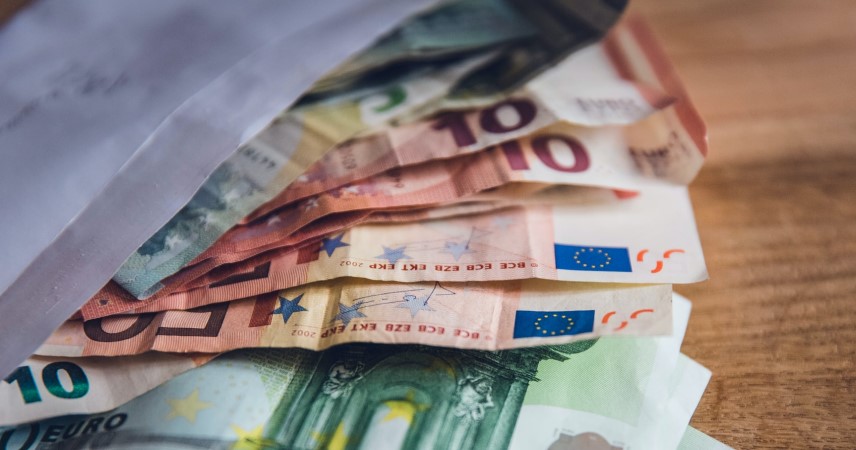
German inflation rose above 4 percent for the first time in 28 years in September. This is according to an initial estimate by the German Federal Statistical Office.
The annual currency depreciation amounted to 4.1 percent.
A change in the VAT rate partly caused a sharp increase in inflation. Last year, the VAT was temporarily reduced due to the corona crisis. The fact that the rates are now back to normal is reflected in the prices for clothing and leisure activities, among other things. In addition, energy prices are rising. Furthermore, supply chain disruptions and higher raw material prices are also putting pressure on prices.
Experts expect inflation to rise to 5 percent by the end of the year. Apart from the one-off effects, inflation could also exceed the 2 percent level desired by the European Central Bank (ECB) for many months next year.
Inflation is a sensitive political issue in Germany. Many Germans also still talk about hyperinflation in the country a century ago. The last time inflation in the eurozone’s largest economy exceeded 4 percent was in December 1993, when it reached 4.3 percent.







